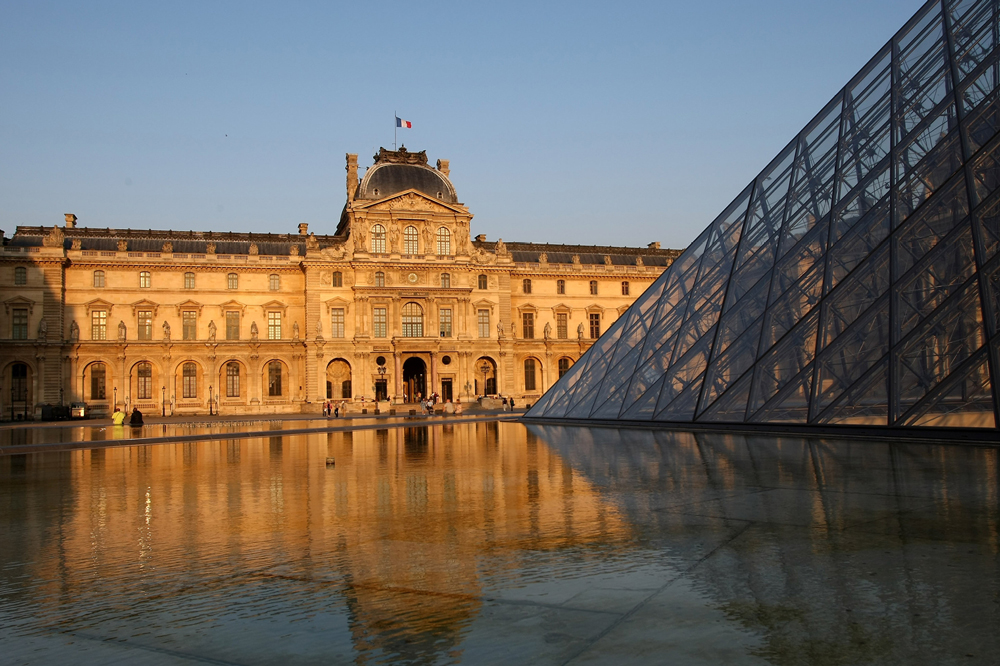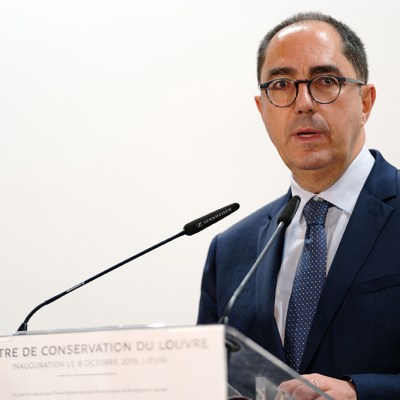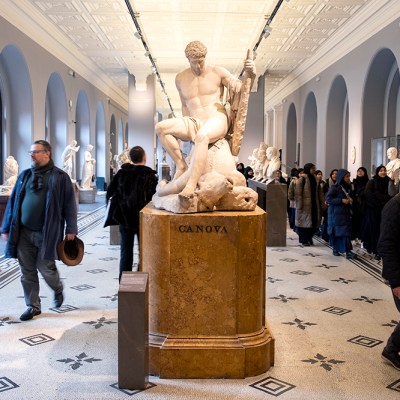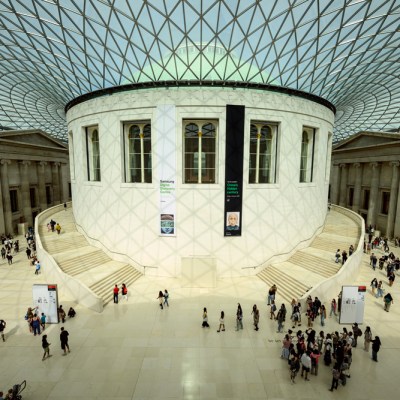Many of the Louvre’s buildings are reaching ‘a worrying level of obsolescence’, there is ‘damage’ in spaces that are ‘sometimes very degraded’ and ‘no longer watertight’ and there are ‘worrying variations of temperature that are putting the conservation of works in danger’. So wrote the director of the Louvre, Laurence des Cars, to the French culture minister, Rachida Dati, in a confidential letter of 13 January, the existence of which was reported by Le Parisien yesterday (22 January). Des Cars describes a visit to the museum as ‘a physical ordeal’, with nowhere for visitors to take a break, food and toilet facilities ‘well below international standards’ and signage that needs to be ‘completely rethought’. The Pyramid designed by I.M. Pei, writes Des Cars, has ‘significant shortcomings’: in hot weather there is a ‘greenhouse effect’, and it has very poor acoustics.
Des Cars’s letter also mentions specific projects such a new approach to the Mona Lisa and an additional entrance to the east but, as Le Parisien points out, it doesn’t put a figure on the necessary repairs. ‘The situation can no longer tolerate the status quo,’ concludes Des Cars, who thanks Dati for bringing these structural challenges to the President’s attention. A source close to President Macron told Le Parisien that ‘Discussions are taking place between the presidency, the ministry of culture and the Louvre, and the head of State intends to take up this matter soon’. The news of the Louvre’s structural failings comes at a bad time for the ministry of culture and for the French government, which has yet to pass a budget for 2025 in parliament. On 17 January, Rachida Dati, who has kept her post in the new government of Prime Minister François Bayrou, announced that the new budget proposal would include a €50 million cut to culture. This comes on top of the €100 million cut suggested in December, in the budget that brought down the government of Michel Barnier.



